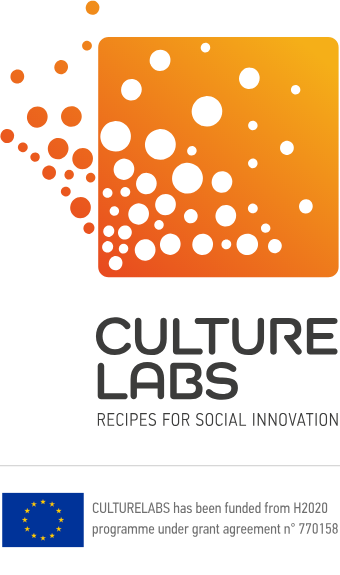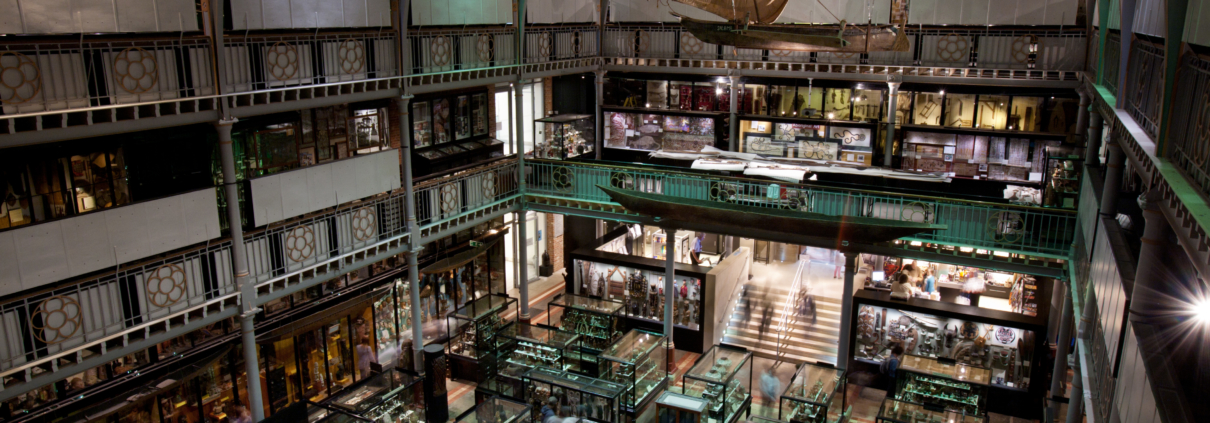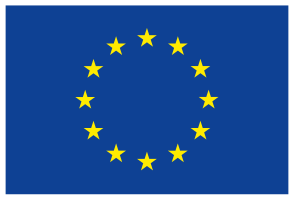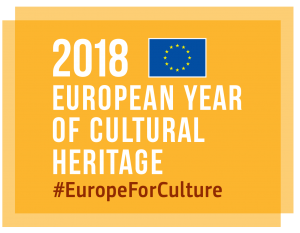What can the visit of a Maasai delegation to the Pitt Rivers Museum teach CultureLabs?
The Pitt Rivers Museum hosts the archaeological and anthropological collections of the University of Oxford, United Kingdom. Amongst these are displayed more than 500,000 items arranged by object type rather than by time or geographical region. Many of the collections are populated by objects “acquired” by colonial functionaries, missionaries, and anthropologists during the British Empire.
Yohann Koshy’s article “Hey, that’s our stuff: Maasai tribespeople tackle Oxford’s Pitt Rivers Museum” published on the Guardian on the 4th December 2018 shares a key episode happened recently at the museum when a group of Maasai activists has been invited by the management to participate in a project rectifying the purposing of some of its collections. “Keenly aware of its problematic origins, the Pitt Rivers, like many museums, engages “originating communities” – in the museum-world lingo – to allow them to reclaim the narrative around their objects.”
In what Koshy’s defines as part of a “process of cultural decolonisation”, the Maasai delegation has been invited to Oxford to help the museum rectify errors in the cataloging of the Maasai collection and providing more accurate information about the object hosted by the Pitt Rivers Museum.
As it can be read more thoroughly in the article, the visit allowed to identify a number of problematic issues within the collection and within the broader museum acquisition procedures. To the great astonishment of the Maasai delegation, within the items in the collection were included fundamental elements of the Maasai culture (for example the orkatar bracelet or the isurutia neckless) which are regularly transmitted within families and never given up to external parties. This suggests that the acquisition process of the elements is likely to have happened through forceful measures, if not violent. Of the 60 objects examined, the Maasai came across five that are sacred, which “they would not expect to find elsewhere apart from within their community”.
This episode left us asking ourselves questions that we consider very important for the CultureLabs project we are part of and for the participation methodology that Platoniq brings forward in this context. CultureLabs intends on developing participatory projects across different European countries (Italy, Finland, and UK) which promote social cohesion through the means of Cultural Heritage.
As the CultureLabs team keeps exploring more and more the Design Justice principles, pushing for a more just, intersectional and accountable project design, implementation and evaluation, this episode and article point at key issues we are and have been interrogating ourselves on, such as:
- How to account for and try to equilibrate power imbalances between the different parties involved in the co-creation process?
- Who gets to frame what counts as “Cultural Heritage” and how will the sense-making work? How to be self- aware of the power in this sense-making process?
- Who will ask questions framing the development of the participatory projects? How and how often are the protagonist of the projects involved?
- How to move away from tokenism and neo-colonising and move towards decolonising memory and archiving processes? How to transform Cultural Heritage institutions?
- How to avoid harm and how to create conditions for safe(r) spaces whilst involving different communities in storytelling and sharing dynamics?
- How to ensure that the participatory projects are centered on self-representation as much as possible and how to create the conditions for a safe(r) process in telling one’s own story?
- How can the participatory processes avoid exoticising Cultural Heritage from different countries and fixing them into time?
- Who is accountable for the responsibility of the project design and how does this accountability process work?
We are exploring approaches and methodologies to answer these questions as we proceed with CultureLabs and more participatory projects. If you have any ideas on how this can be done or would like to chat to us about it, please get in touch with us at info@culture-labs.eu! The Platoniq team, that is part of the project, will take care of your feedback!

 © Jorge Royan / http://www.royan.com.ar
© Jorge Royan / http://www.royan.com.ar
